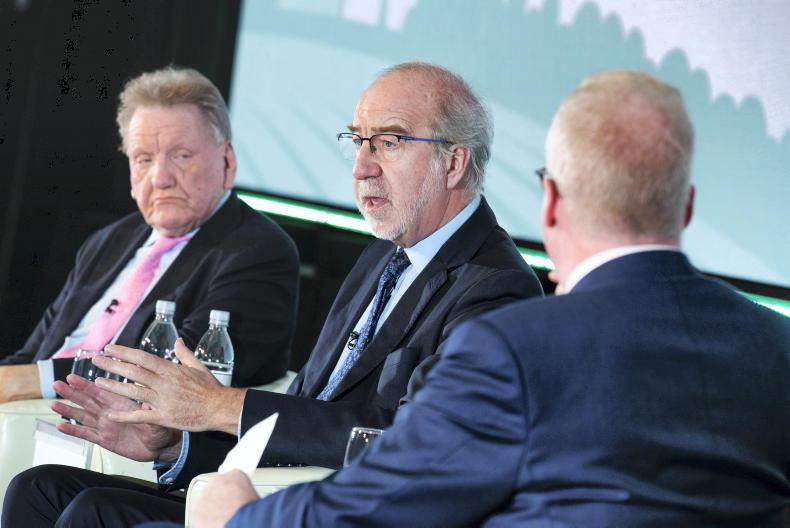A ruling by the Irish Supreme Court prevents Ireland from ratifying the European Comprehensive Trade and Partnership Agreement (CETA) with Canada.
The deal, which has to be ratified by all EU member states, has been ratified by 16 countries up to July this year and is in the approval proves in the remainder.
The Irish Government had been in the ratification process, which was paused for the legal process.
Provisional basis
In practical terms, the court decision will have no impact on trade, as the deal had been operating on a provisional basis in EU countries since September 2017.
Responding to the court decision, Tánaiste Leo Varadkar said: “The decision of the Supreme Court is noted. While it is disappointing that ratification is not now immediately possible, the Government remains committed to ratifying the CETA agreement in full.
"It will now take some time to reflect on the wider decision and consider its implications. Our initial assessment is that a referendum is not required and that ratification can follow once some changes are made to domestic law.”
This suggests that the Government is determined to find a way to ratify the deal.

Then-European Agriculture Commissioner Phil Hogan led a trade mission to Canada in 2017 ahead of the CETA deal coming into effect provisionally.
For Irish farmers, the most controversial element was giving Canada access for 50,000t of beef at a low preferential tariff rate to the EU market.
However, since the deal came into effect provisionally, this fear has not materialised, with the EU importing less than 1,500t from Canada in 2021, while exporting over 16,000t to Canada, of which 3,256t was from Ireland (source Bord Bia). This compares with just 239t in 2017, the year the agreement came into effect.
A ruling by the Irish Supreme Court prevents Ireland from ratifying the European Comprehensive Trade and Partnership Agreement (CETA) with Canada.
The deal, which has to be ratified by all EU member states, has been ratified by 16 countries up to July this year and is in the approval proves in the remainder.
The Irish Government had been in the ratification process, which was paused for the legal process.
Provisional basis
In practical terms, the court decision will have no impact on trade, as the deal had been operating on a provisional basis in EU countries since September 2017.
Responding to the court decision, Tánaiste Leo Varadkar said: “The decision of the Supreme Court is noted. While it is disappointing that ratification is not now immediately possible, the Government remains committed to ratifying the CETA agreement in full.
"It will now take some time to reflect on the wider decision and consider its implications. Our initial assessment is that a referendum is not required and that ratification can follow once some changes are made to domestic law.”
This suggests that the Government is determined to find a way to ratify the deal.

Then-European Agriculture Commissioner Phil Hogan led a trade mission to Canada in 2017 ahead of the CETA deal coming into effect provisionally.
For Irish farmers, the most controversial element was giving Canada access for 50,000t of beef at a low preferential tariff rate to the EU market.
However, since the deal came into effect provisionally, this fear has not materialised, with the EU importing less than 1,500t from Canada in 2021, while exporting over 16,000t to Canada, of which 3,256t was from Ireland (source Bord Bia). This compares with just 239t in 2017, the year the agreement came into effect.











SHARING OPTIONS